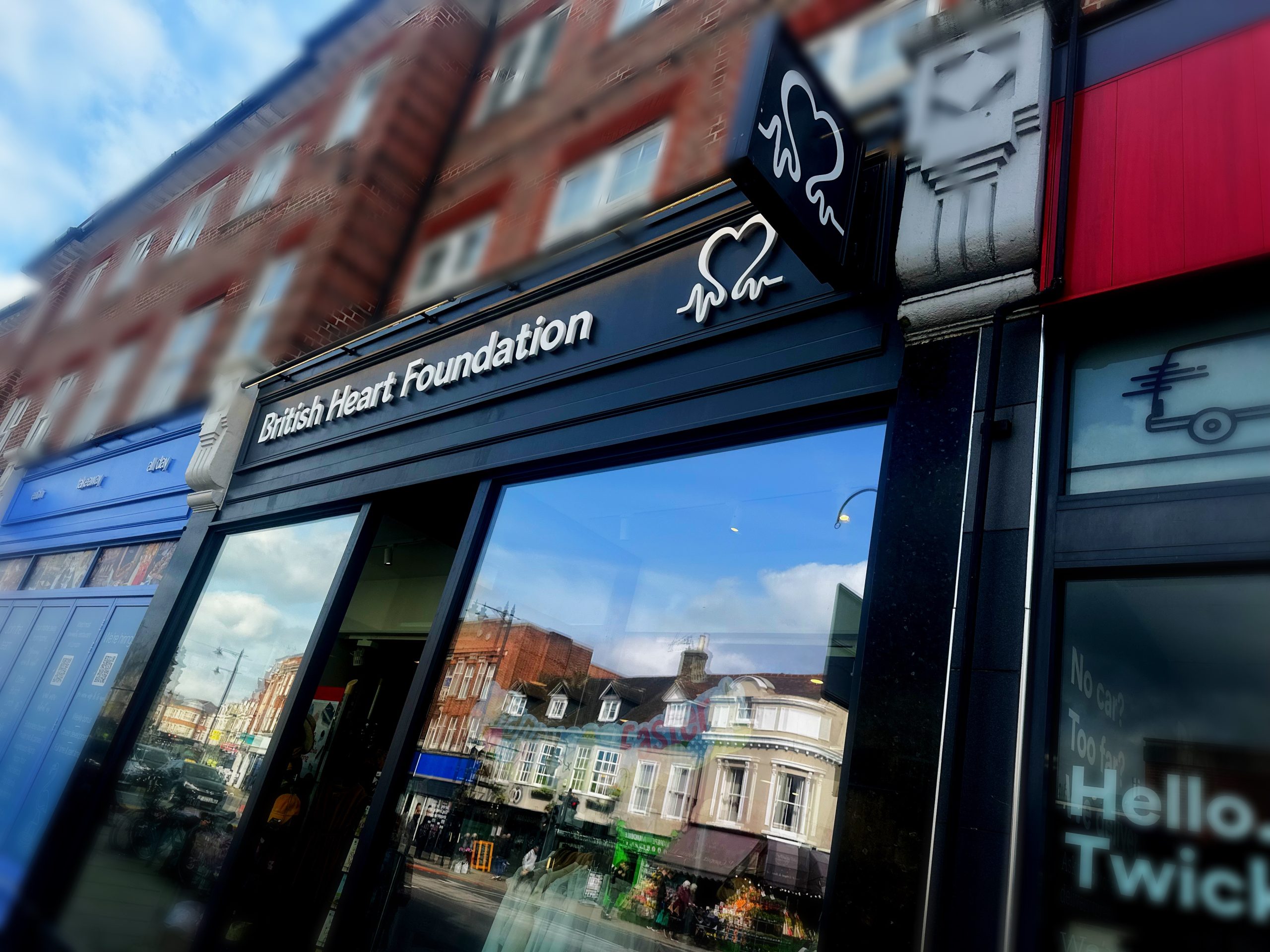- 7 new community diagnostic centres will open to provide quicker diagnoses to patients – a step forward in the government’s plan to roll out 160 by 2025
- More than 1.7 million tests, checks and scans have already been delivered by the 92 existing community diagnostic centres
- GP referrals to community diagnostic centres speed up diagnosis times by offering tests closer to home, eliminating unnecessary hospital trips
7 new community diagnostic centres (CDCs) will open to help bust the Covid backlogs, diagnose patients more quickly and meet future demands on the NHS, the Health and Social Care Secretary has today confirmed.
The one-stop-shops offer a range of diagnostic checks, scans and tests closer to home. Following a GP referral, patients can get their symptoms checked and receive a potentially life-saving diagnosis for a range of conditions such as cancer, heart and lung disease more quickly. The new facilities will also relieve pressure on NHS staff ahead of a potentially challenging winter.
So far, 92 have already opened in a variety of settings from football stadiums to shopping centres – carrying out over 1.7 million tests. This forms part of the government’s ambition to roll out 160 community diagnostic centres across the country by 2025 to deliver nine million tests, checks and scans a year, with the programme backed by £2.3 billion of diagnostics investment.
CDCs reduce the number of hospital visits and reduce waiting times for patients by diverting people away from hospitals – so hospitals can focus on treating urgent patients while the diagnostic centres focus on tackling the backlog for tests and checks. They are more convenient for patients and more efficient, with patients less likely to have their tests cancelled.
The new CDCs will be rolled out in Willesden and Wembley in north west London, Leigh in Greater Manchester, St Albans, Lancashire, and Eltham in south east London.
Health and Social Care Secretary Steve Barclay said:
Since taking on the role of Health and Social Care Secretary, I have been focussed on clearing the Covid backlog and waiting times. Community diagnostic centres are a vital part of our plan to transform the way we deliver tests, scans and x-rays and ultimately reduce waiting times for patients.
Along with speeding up diagnosis times, they will also help tackle health disparities – ensuring that people get treated as quickly as possible no matter where they live, with new centres opening from Essex to Manchester.
NHS national director of elective recovery, Sir James Mackey, said:
These seven ‘one stop shops’ are the next step in our elective recovery plan and a welcome addition to the 92 existing community diagnostic centres, which have already delivered more than 1.7 million tests and checks in just over a year.
Our elective recovery plan set out how the NHS will deliver nine million more tests and checks a year by 2025 and the work of these diagnostic centres, some in convenient spots including shopping centres, are excellent examples of the innovative work being done across the health service to ensure patients get the tests and checks they need as quickly as possible.
GPs refer patients to CDCs where staff use CT scanners, MRI scanners, and other new diagnostic equipment to diagnose people as quickly as possible.
More than 1.7 million tests, checks and scans have already been delivered in the following regions across the country:
- 173,000 in East of England
- 222,000 in London
- 303,000 in the Midlands
- 173,000 in North East Yorkshire
- 260,000 in the North West
- 329,000 in the South East
- 245,000 in the South West
The Finchley Memorial Hospital CDC opened in north London in August 2021 and now offers patients two MRI scanners along with two obstetric ultrasound machines. Staff carry out a range of scans, blood tests, and other cardiology and respiratory services – with more than 50,000 tests so far delivered.
In Dorset, a CDC was constructed on the top floor of Beales Department Store in Poole to tackle waiting lists in the region, with the first patients walking through its doors in December. The space was once used to sell furniture, and now boasts an eye testing centre, a breast screening unit, and 16 clinical rooms that can be adapted for different needs.
In Barnsley, a CDC has been constructed in the Glass Works shopping centre as part of the town’s Urban Regeneration Project. Thanks to its public transport links, patients from more disadvantaged areas have improved access to diagnostic services – including breast screening.
As part of the selection process, the government worked closely with the NHS and invited bids from various regions. Analysis was carried out to determine where they would be most beneficial in reducing waiting lists and tackling health inequalities.
A range of measures have been adopted to bring down waiting lists and address the lasting impact of the pandemic. Last week, the Health and Social Care Secretary announced that over 50 new surgical hubs will be opening to offer hundreds of thousands more patients quicker access to procedures.
Backed by £1.5 billion in government funding, they will provide at least 100 more operating theatres and over 1,000 beds – delivering almost two million extra routine operations over the next three years.
These innovative ways of working will help the NHS carry out the biggest catch-up programme in its history and offer patients the care they need, when they need it.
https://www.gov.uk/government/news/7-new-community-diagnostic-centres-to-offer-more-patients-life-saving-checks




